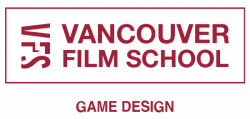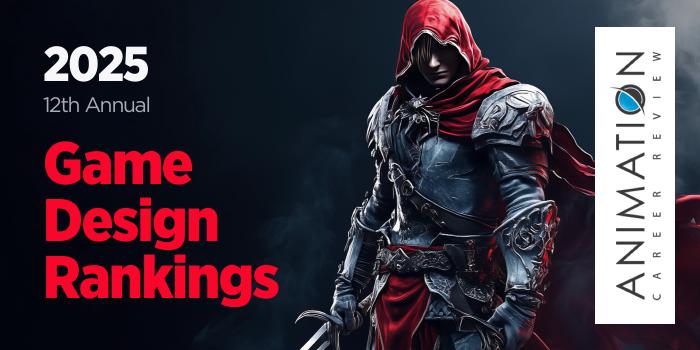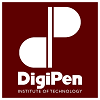University of Washington (UW) is home to the Paul G. Allen School of Computer Science and Engineering (CSE). Within the school are several paths to study game design including the ABET-accredited Computer Engineering (CE) and Computer Science (CS) programs leading to a BS or BS/MS. Across programs students may specialize in one of nearly 20 areas. This includes Graphics, Vision, Games, and Animation.
Course examples include Special Topics in Computer Vision; Interaction Programming; Advanced Topics in Digital Animation; Computational Fabrication; Intermediate Programming Concepts and Tools; Software Design and Implementation; Programming Languages; Computer Programming; and Digital Design. Students in the Graphics, Vision, Games, and Animation have the opportunity to complete a game or other related project for the culminating experience.
University of Washington has an additional option for aspiring game designers with at least two years of college experience or working game designers seeking advancement opportunities in the industry. Developed in partnership with the UW Bothell Digital Future Lab, and approved by UW’s School of Science, Technology, Engineering and Mathematics, the UW Game Design Certificate (GDC) is an intensive eight-month program that culminates with a game prototype that students can pitch to industry executives.
Courses for the program include Fundamentals of Game Design; Game Mechanics and Systems Design; and Game Studio Roles and Development. Throughout the program, students will conceptualize, create, and complete several other game design projects for their professional portfolios. In addition to a certificate, graduates of the program will earn a digital achievement badge along with separate badges for each of the three required courses. Digital badges can be shared on social media sites such as LinkedIn and Facebook.
The CS, CE, and certificate programs provide access to four main labs in the Allen School including the Center for Game Science; UW Reality Lab; UW Graphics and Imaging Lab (GRAIL); and the Animation Research Labs (ARL).
The Center for Game Science produces scientific discovery games, learning games, and academic games. Center research spans fields such as computer games, machine learning, computer graphics, self-adapting HCI, inductive logic programming, program synthesis, data science, intelligent tutors, and crowd-sourcing.
The UW Reality Lab was established in 2018. Lab participants have opportunities to work on research projects in areas such as character animation, lighting and rendering, 3D reconstruction, and computer vision. Other UW Reality Lab features include access to courses such as Virtual Reality Production for Storytelling; Computer Vision; Introduction to Computer Graphics; and Machine Learning; the mentorship program; lectures; the Idea Incubator; and ongoing programs such as The Reality Studio and The Reality Lab. The Reality Studio explores production and storytelling techniques for immersive environments through classes and productions.
GRAIL conducts research in areas such as games, animation, generative AI, computer graphics, virtual reality, computer vision, and computational photography. GRAIL participants have opportunities to work with researchers from Google, Intel, Microsoft, and Adobe.
The multidisciplinary Animation Research Labs is a collaboration between CSE, the Department of Architecture, and the Schools of Art, Music, Drama, and the Center for Digital Arts and Experimental Media (DXARTS). ARL participants have opportunities to interact with industry experts from Pixar, Xbox Game Studios, Industrial Light & Magic (ILM), Disney Animation Studios, and Bungie, among others.
Graduates of the Game Design certificate and Computer Science and Engineering degree programs at UW are prepared to pursue roles across all areas of game design and development, the broad technology industry, entertainment, and more.
Computer Science and Computer Engineering graduates are hired by hundreds of different employers each year. Examples include Epic Games, Amazon, Google, Microsoft, Boeing, Oracle, Apple, Qualcomm, and Meta. GDC program alumni enjoy an 80% job placement rate. Top employers include Boeing, Microsoft, Bungie, Hi-Rex Studios, and Hourglass Escapes.
University of Washington encompasses more than 500 buildings, over 20 million gross square footage of space, and more than 26 university libraries. Founded in 1861, the school also serves approximately 62,765 students, making it the largest university in the state. With three campuses in Seattle (main), Bothell, and Tacoma, UW provides more than 480 programs leading to over 850 degrees. Programs are housed across 18 colleges and schools.
University of Washington is accredited by the Northwest Commission on Colleges and Universities (NWCCU). The school is also a member of the Association of American Universities (AAU). Engineering at UW is accredited by the Accreditation Board for Engineering and Technology (ABET).




